Gehl: Changing Cities in 5 Steps
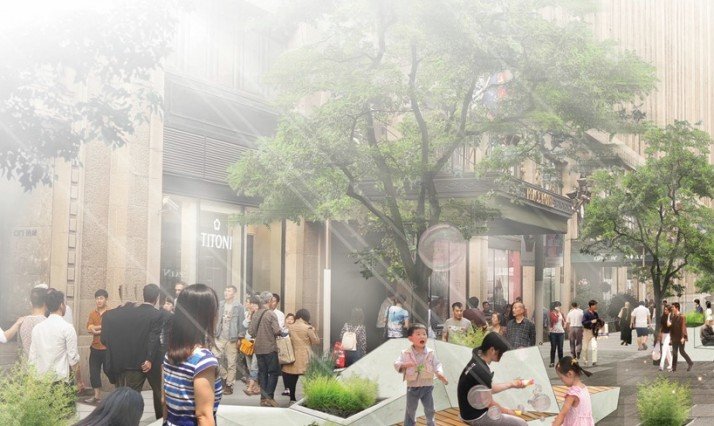
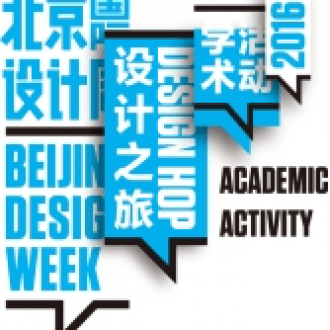
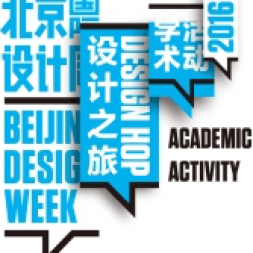
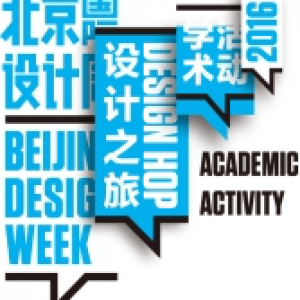
Changing Cities in 5 Steps is an exhibition on the relation between urban transformation and the quality of life in Chinese cities. It presents a number of case studies which Gehl, Energy Foundation and China Sustainable Cities & Transport Centre (CSTC) have collaborated on since 2008 so as to understand, how changes to the physical environment impact on the sustainability, livability and the quality of life.
- Design cities for people
- Survey your city
- Build a street network
- Plan for quality of life
- Build the vision
In the way you enter a theatre with the expectation of experiencing a dramatic performance, good urban space adds to the vitality and interest of a street, and provides constant distractions that in turn creates other forms of activities or interactions.
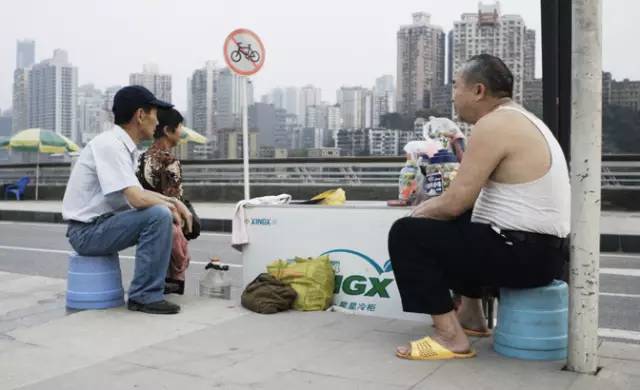
Changing Cities in 5 Steps will hold several different and educating dimensions. Adding to the explanatory texts and illustrations, the exhibition also presents the award-winning documentary The Human Scale from 2013 by Danish director Andreas Dalsgaard.
The Human Scale goes beyond architect and professor Jan Gehl’s studies on human behaviour in cities through four decades. In these studies, Gehl demonstrates how modern cities repel human interaction, and in the film, argues that we can build cities in a way, which takes human needs for inclusion and intimacy into account.
In the documentary Life Between Buildings directed by Tobias Lau (2012), Jan Gehl gives us his take on why life has disappeared from the cities, and provides solutions on how to invite life back; that is by creating livable spaces where we prioritize people, the human senses, and the human scale by planning cities at eye level.
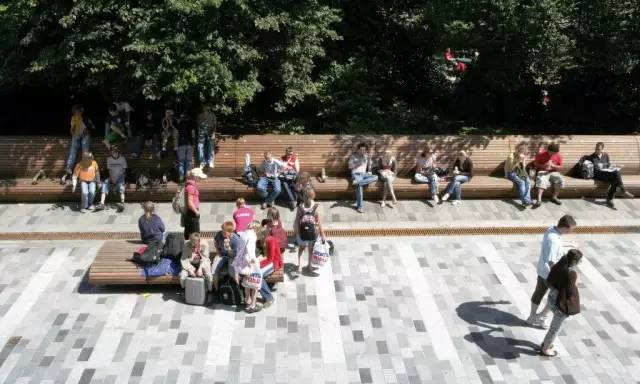
Throughout Changing Cities in 5 Steps, visitors will find data on the way people move around in Chinese cities just like they will be able to compare the local reality with recent urban transformation projects in places like Moscow, New York, Brighton, Stockholm and Copenhagen.
Changing Cities in 5 Steps has been selected as an Academic Event by this year’s Beijing Design Week.
